
Greek University Delivers What Your Students—and Your Campus—Need Most!
We Solve Problems.
Hazing. Alcohol and drug abuse. Sexual misconduct. Student disengagement. Mental health. Recruitment issues. Fraternity & Sorority Life and Athletics are under the microscope—and the pressure to act is higher than ever.
You're not alone. Campus leaders across the country are looking for effective, relatable solutions that actually reach students and reduce risk. We help fraternity, sorority, and athletic communities solve their biggest problems through powerful keynote speakers, interactive workshops, and expert consulting that drive real behavior change.
Our Programs Create:
✅ Safer campus environments that reduce liability and protect students
✅ Stronger student leaders equipped with tools to lead with purpose
✅ Higher engagement across diverse student populations
✅ Unified communities, even in a polarized world
We speak their language. We meet them where they are. And we help them rise. We are proven, trusted, and impactful. Since 2015, our award-winning speakers and consultants have reached hundreds of campuses in almost all 50 states—delivering programs and resources that students talk about long after the event ends.
Greek University is Trusted By:
✅ National fraternities and sororities
✅ Athletic departments at major universities
✅ The top conferences and associations within higher education
✅ Campus professionals who care deeply about student success
And the results? Increased retention, stronger recruitment, safer behaviors, and students who finally feel heard.
You Want Impact. Let’s Deliver It Together.✅ Book a speaker or consultant who actually connects with your students
✅ Host a workshop that transforms culture, not just fills a calendar
✅ Partner with experts who make your job easier—not harder
📞 Call us today at 203-58-GREEK
📧 Or email us at: bookings@greekuniversity.org







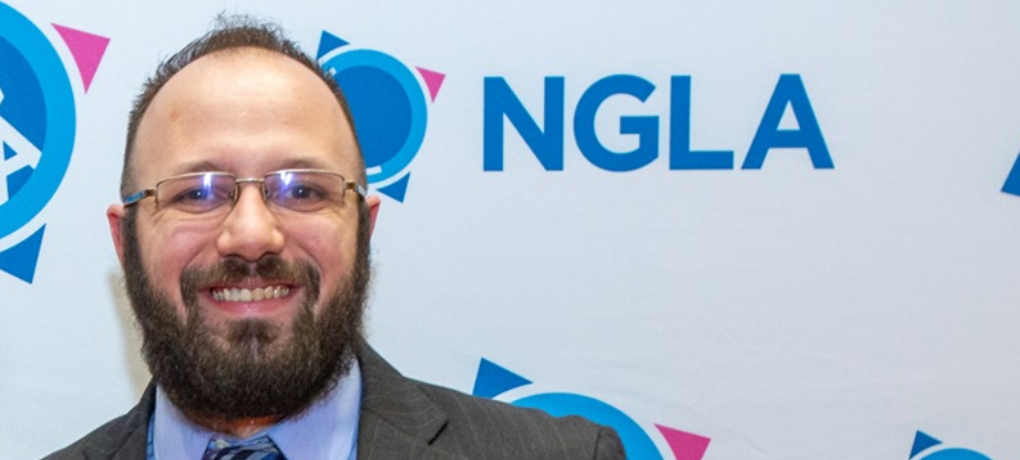






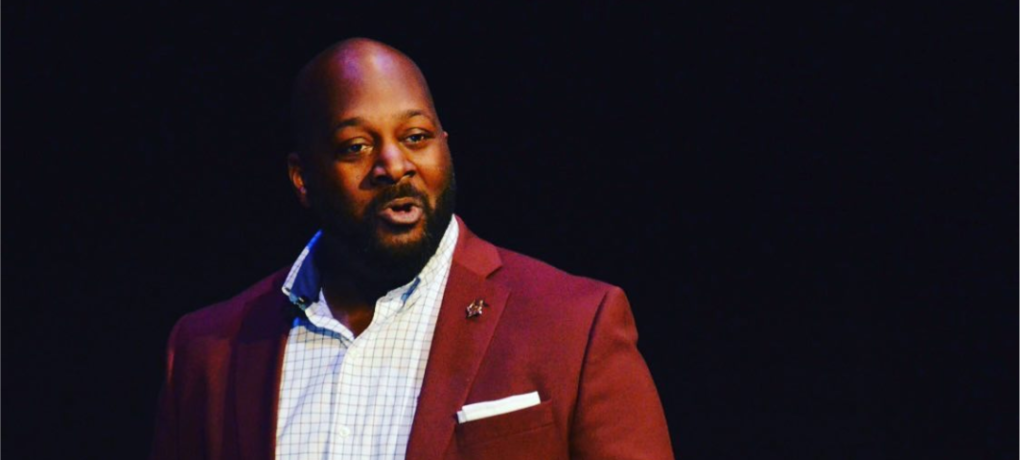


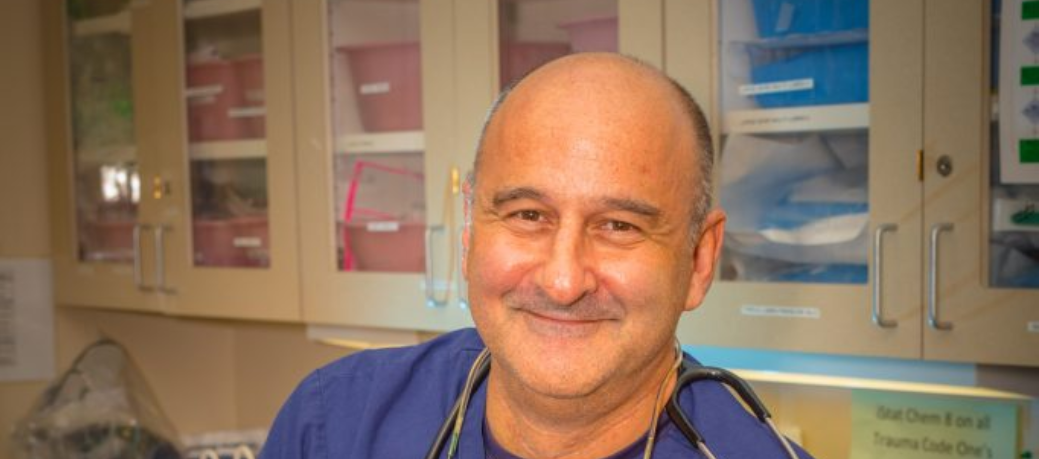








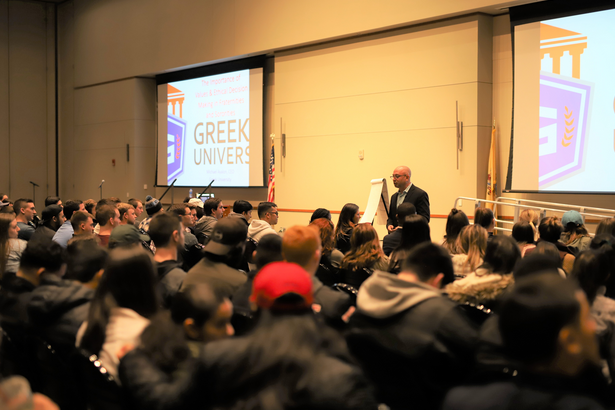
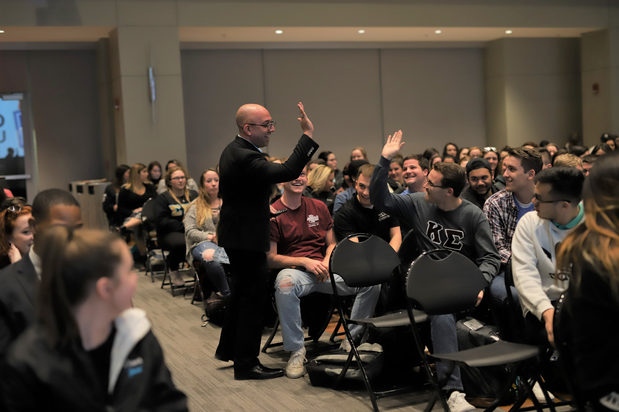
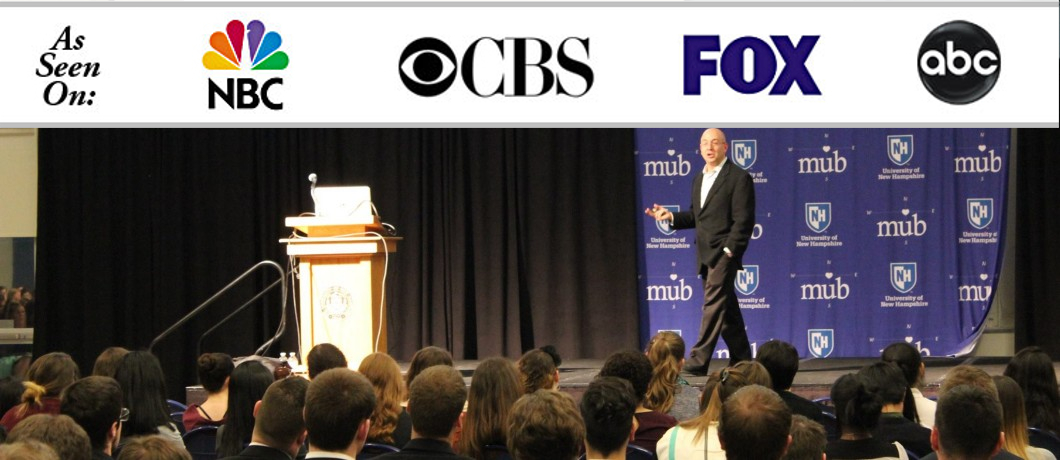

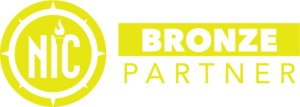


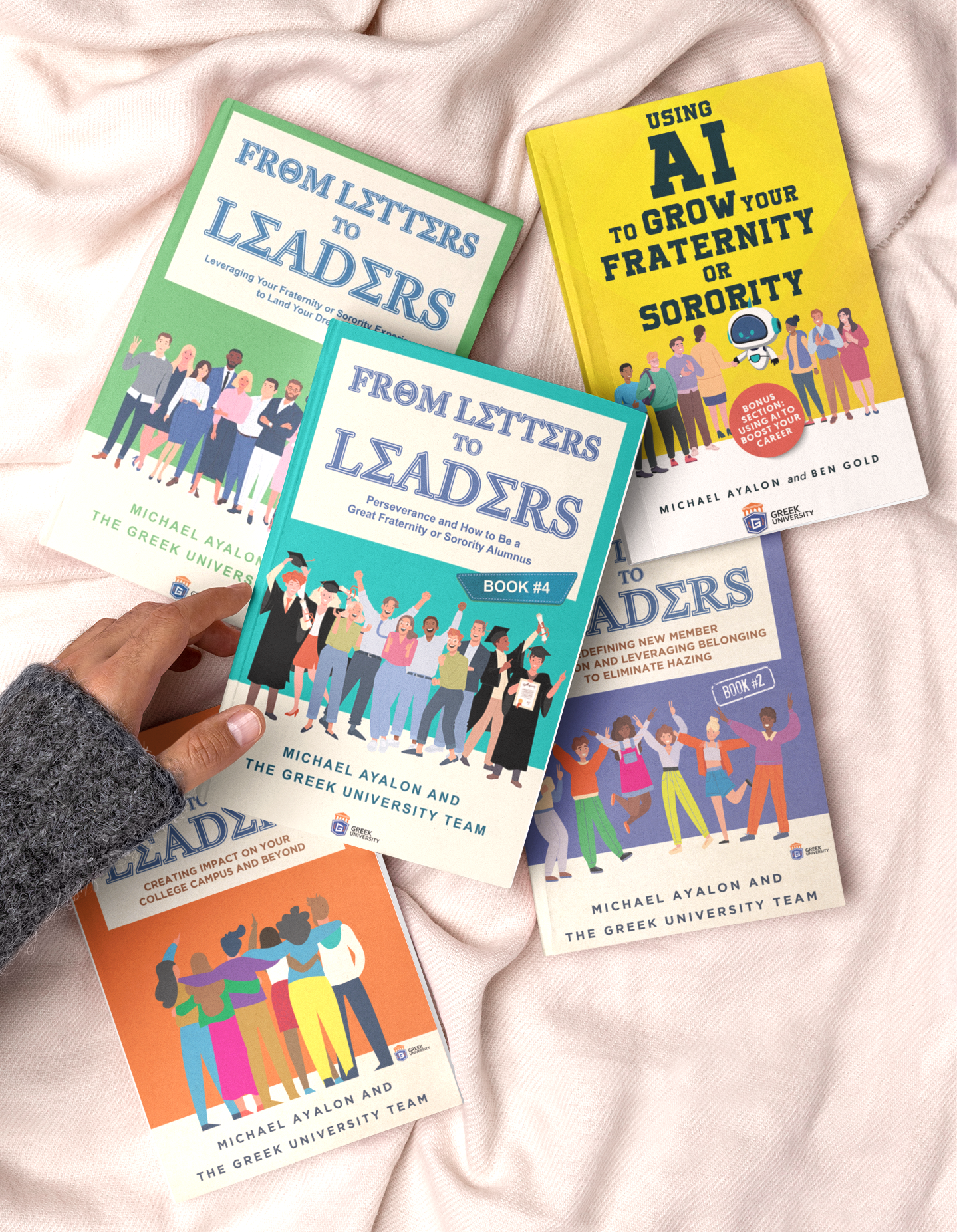


logged inYou must be to post a comment.